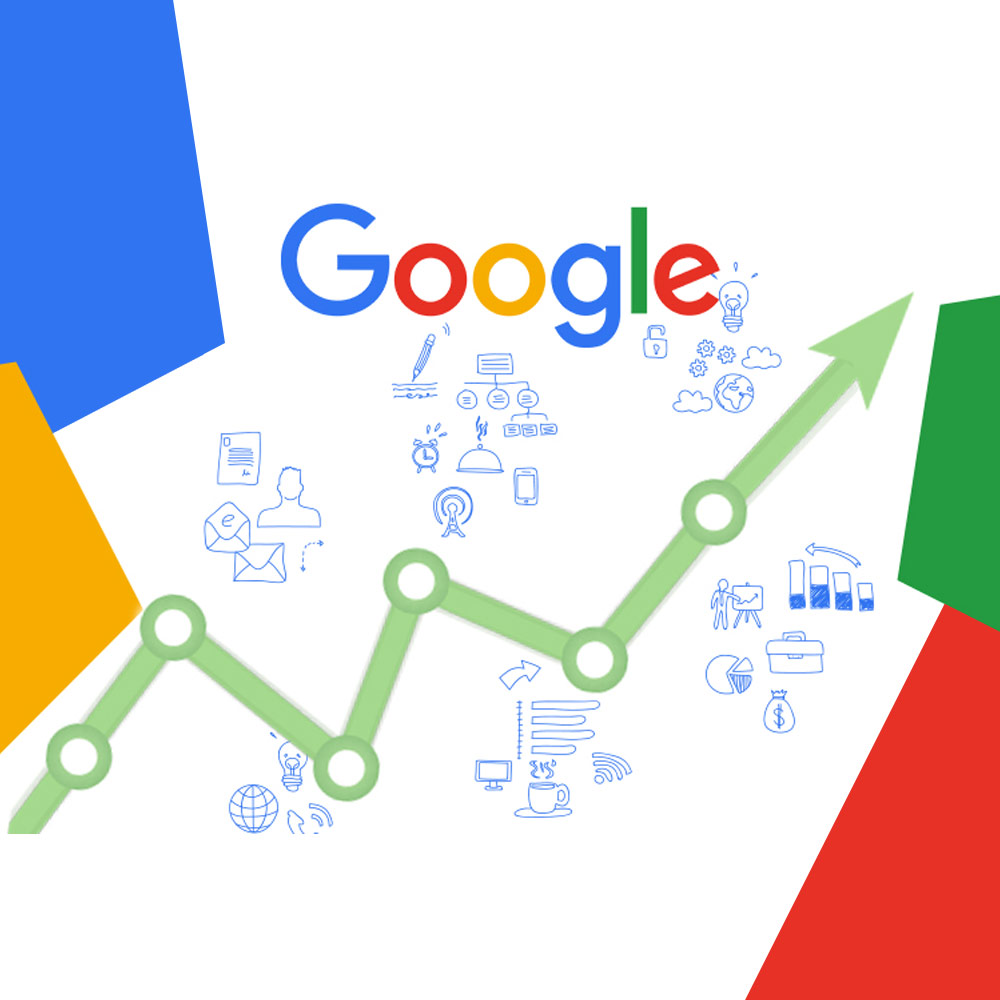Powerful SEO for Beginners to Maximize Your Website’s Potential

Welcome to the world of SEO for beginners! If you are a website owner, you may have heard the term “SEO” thrown around a lot, but do you know what it means and how it can benefit your website? In this blog post, we will explore the power of SEO and how it can help maximize your website’s potential. Whether you’re just starting or have been in the game for a while, this guide is for you. Get ready to take your website to new heights with powerful SEO techniques!

Maximize Your Website’s Potential with Powerful SEO for Beginners
Understanding the Basics of SEO: A Beginner’s Guide
SEO for beginners can be overwhelming, but understanding the basics is crucial to maximizing your website’s potential. SEO stands for Search Engine Optimization, which is optimizing your website to rank higher in search engine results pages (SERPs). The higher your website ranks, the more visibility and traffic it will receive.
One important aspect of SEO is keyword research. This involves identifying the words and phrases that people use to search for information related to your business or industry. By incorporating these keywords into your website content, you can increase your chances of ranking higher in SERPs.
Another important factor in SEO is website structure. This includes optimizing your website’s URLs, title tags, meta descriptions, and header tags to make it easier for search engines to crawl and understand your content.
Other key elements of SEO include creating high-quality content that provides value to your audience, building backlinks from reputable websites, and using social media to promote your content and engage with your audience.
By mastering the basics of SEO for beginners, you can improve your website’s visibility and attract more traffic from search engines.

Maximize Your Website’s Potential with Powerful SEO for Beginners – The Basics
Importance of Keywords in SEO and How to Use Them Effectively
Keywords: the importance of keywords, use keywords effectively
Keywords play a crucial role in SEO. They are the words and phrases that people use to search for information online. Understanding the importance of keywords is essential to creating effective SEO strategies. The first step is to conduct keyword research to identify the most relevant and popular keywords in your niche. Once you have a list of keywords, it’s important to use them effectively throughout your website content. This includes incorporating them into your page titles, meta descriptions, headings, and body text. However, be careful not to overuse them as this can lead to keyword stuffing and penalization by search engines. Instead, focus on creating high-quality content that naturally incorporates your target keywords. By using keywords effectively, you can improve your website’s visibility and attract more targeted traffic from search engines.

Maximize Your Website’s Potential with Powerful SEO for Beginners – Importance of Keywords
On-Page Optimization: Tips to Optimize Your Website Content for Search Engines
On-page optimization is a crucial aspect of SEO. It involves optimizing the content and structure of your website to make it more search-engine friendly. One important factor to consider is keyword density. You want to make sure that your target keywords appear naturally throughout your content, but not so much that it appears spammy.
Another critical factor is meta tags. These are HTML tags that provide information about your website to search engines. The most important meta tags are the title tag and meta description tag. The title tag should include your target keyword and be less than 60 characters long, while the meta description should be less than 160 characters and provide a summary of your page’s content.
Other on-page optimization techniques include using header tags (H1, H2, H3) to organize your content, optimizing images with alt tags that include keywords, and making sure your website has a fast loading speed. By implementing these tips, you can improve your website’s visibility in search engine results pages and attract more organic traffic.

Maximize Your Website’s Potential with Powerful SEO for Beginners – On-Page Optimization
Off-Page Optimization Techniques for Boosting Your Website’s Visibility
Off-page optimization is an essential aspect of Search Engine Optimization (SEO) that involves optimizing external factors to boost your website’s visibility. One crucial factor is link building. Generating backlinks from authoritative websites in your niche can improve your search engine rankings.
Another way to optimize off-page factors is through social bookmarking, which involves submitting links to various high-domain authority bookmarking sites. Engaging with online communities relevant to your industry can significantly increase brand awareness and traffic while improving search engine rankings.
Additionally, guest posting on authoritative blogs in the same industry as yours can prove useful, generating referral traffic from those blogs while at the same time giving you valuable backlinks.
Finally, monitoring mentions of your brand across all channels and addressing any negative feedback promptly will help maintain a positive reputation and improve trustworthiness with both customers and search engines alike.
The Role of Social Media in SEO and How to Leverage It
Social media can be a powerful tool for boosting your website’s SEO. By integrating social media into your SEO strategy, you can increase the visibility of your website and attract more traffic. One way to leverage social media for SEO is by sharing blog posts, product pages or other content on platforms such as Twitter, Facebook, LinkedIn or Instagram. This helps to build links back to your site, which is crucial for improving search engine rankings.
Another way to use social media for SEO is by engaging with potential customers through conversations, comments and messaging services. Responding promptly and professionally to customer queries shows that you value their opinion and are committed to delivering excellent service.
In addition, creating shareable content that resonates with users can help generate backlinks from reputable websites – one of the most important factors in boosting search engine rankings. Remember that to reap the full benefits of social media for SEO purposes – consistency is key!

Maximize Your Website’s Potential with Powerful SEO for Beginners – Off-Page Optimization
Measuring Your Online Success: Metrics to Track for Effective SEO
Metrics to Track for Effective SEO
Tracking your website’s performance is crucial to determine the effectiveness of your SEO strategy. By measuring the right metrics, you can identify areas that need improvement and make data-driven decisions to optimize your website for search engines.
One important metric to track is organic traffic, which refers to the number of visitors who found your website through search engine results pages (SERPs). By monitoring organic traffic, you can see if your SEO efforts are driving more visitors to your site.
Another key metric is bounce rate, which measures the percentage of visitors who leave your site after viewing only one page. A high bounce rate could indicate that your website content is not relevant or engaging enough for visitors.
Other metrics to track include click-through rate (CTR), conversion rate, and backlinks. By regularly monitoring these metrics, you can make informed decisions about how to improve your website’s SEO and maximize its potential.
In conclusion, SEO is a crucial aspect of any website’s success, and it’s essential to understand the basics to maximize your website’s potential. By implementing effective keyword research and optimization techniques, both on-page and off-page, you can boost your website’s visibility and attract more organic traffic. Additionally, leveraging social media can further enhance your SEO efforts. Finally, tracking metrics such as traffic, bounce rate, and conversion rate can help you measure your online success and make necessary adjustments to improve your SEO strategy continually. With these tips in mind, you can start optimizing your website for search engines and watch your online presence grow.
Answers
Who needs SEO?
Anyone with a website who wants to attract visitors and improve their online presence.
What is SEO?
Search engine optimization involves optimizing your website to rank higher in search engine results.
How does SEO work?
By optimizing your website’s content and structure, search engines can better understand and rank your site.
What are the benefits of SEO?
Improved visibility, increased traffic, and the potential for higher conversions and revenue.
How long does it take to see results from SEO?
It can take several months to see significant results, but the consistent effort can lead to long-term success.
But isn’t SEO expensive?
SEO can be costly, but it’s an investment in your website’s future success and can provide a high ROI over time. Additionally, you can find the post about affordable SEO packages that can help you achieve your goals without breaking the bank.

